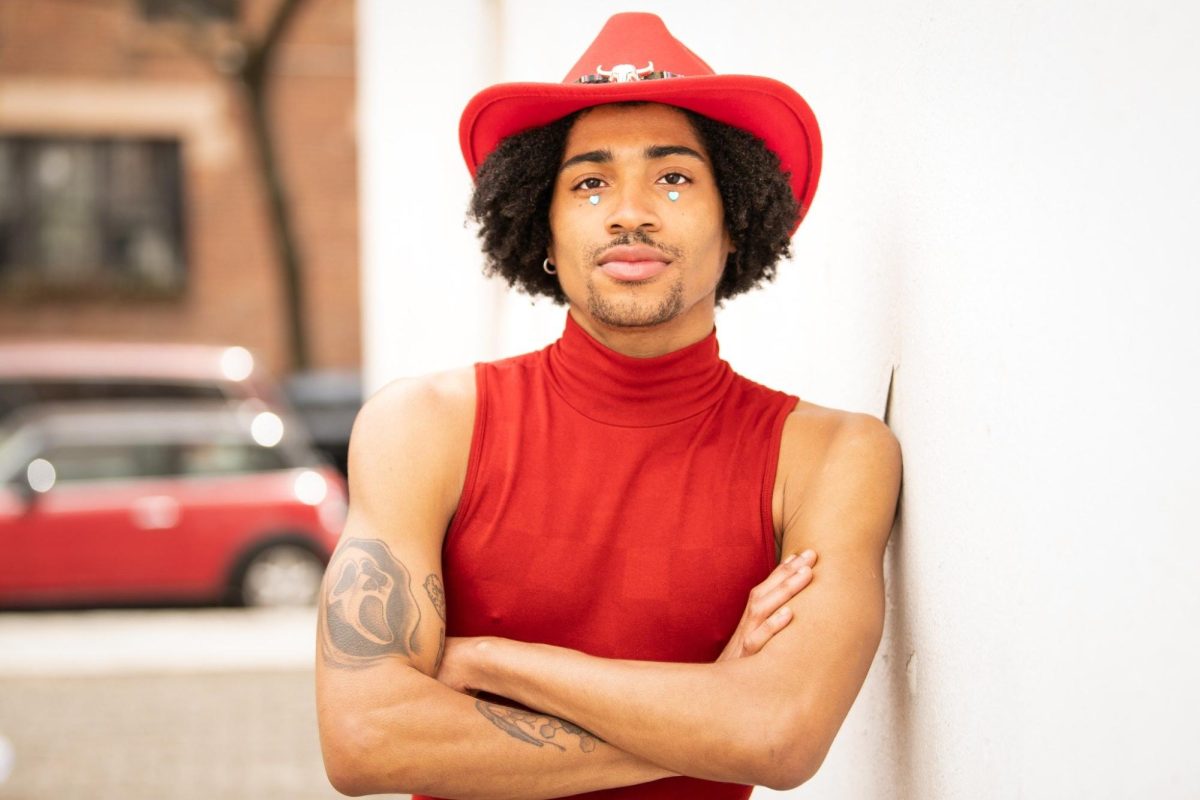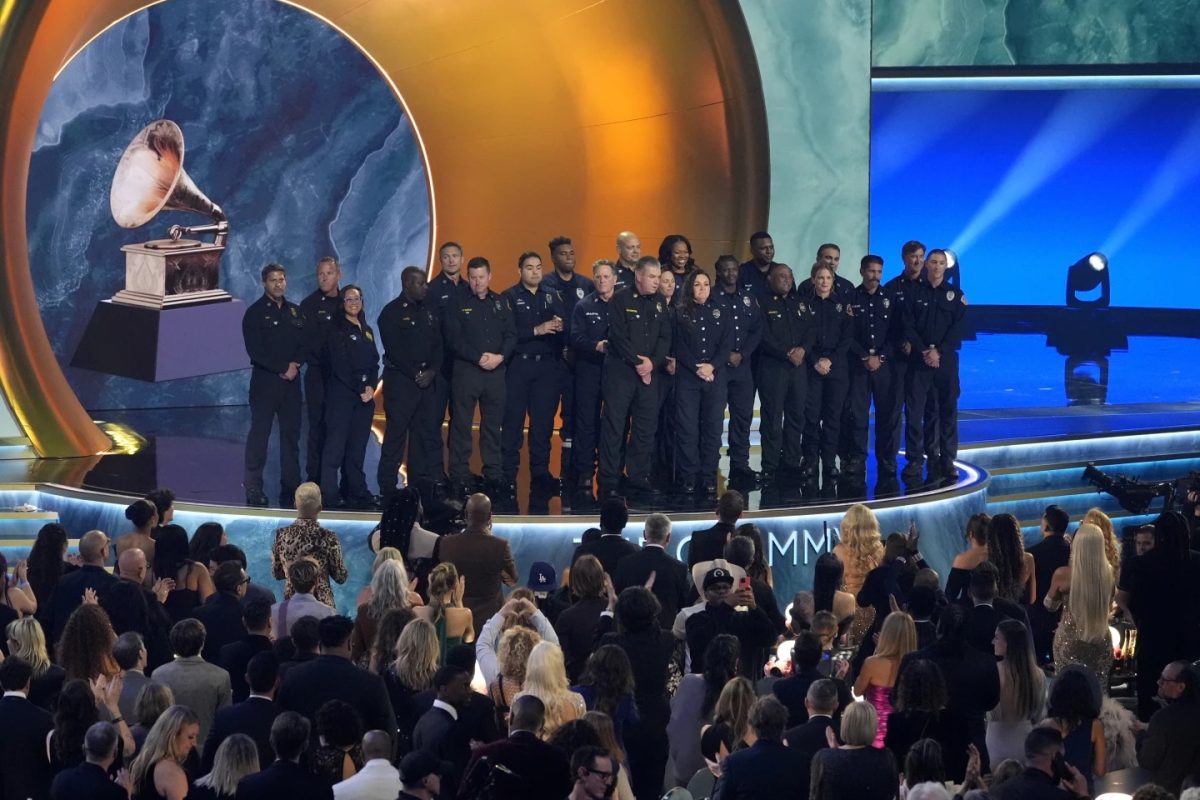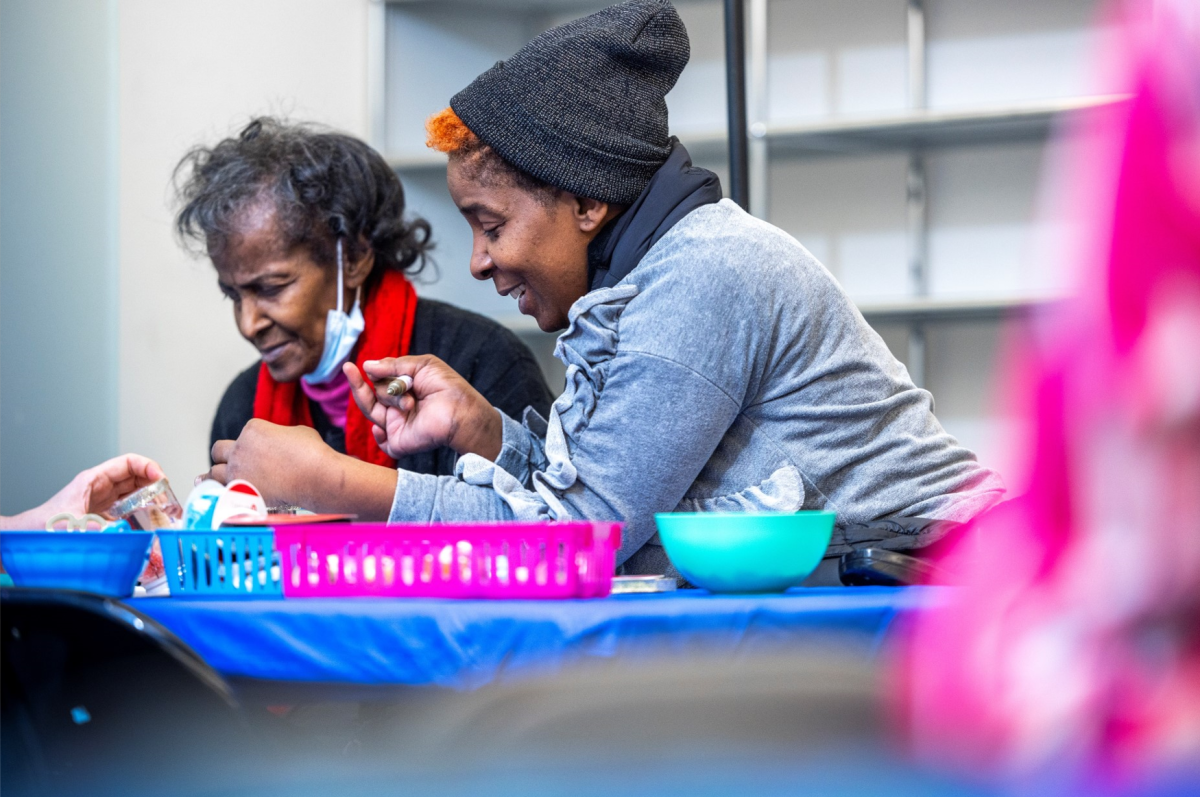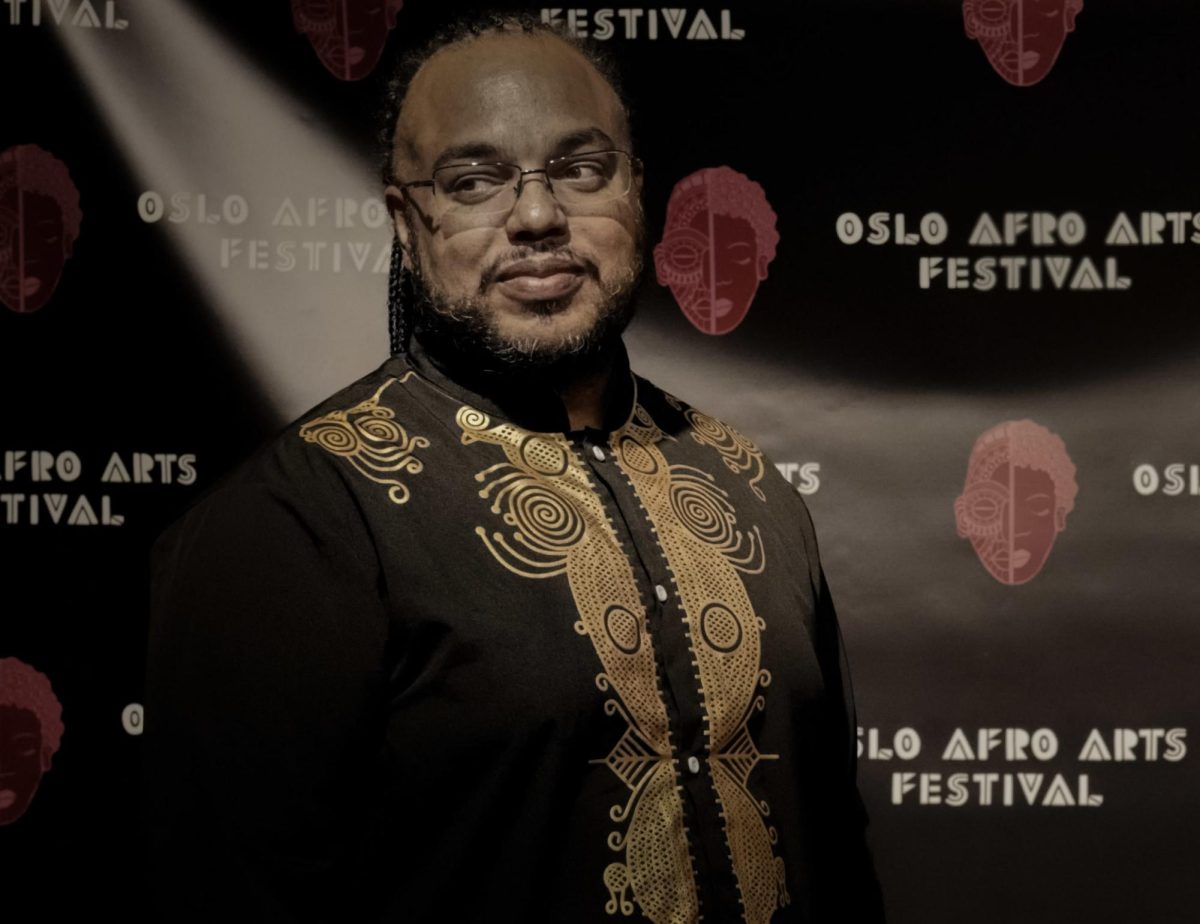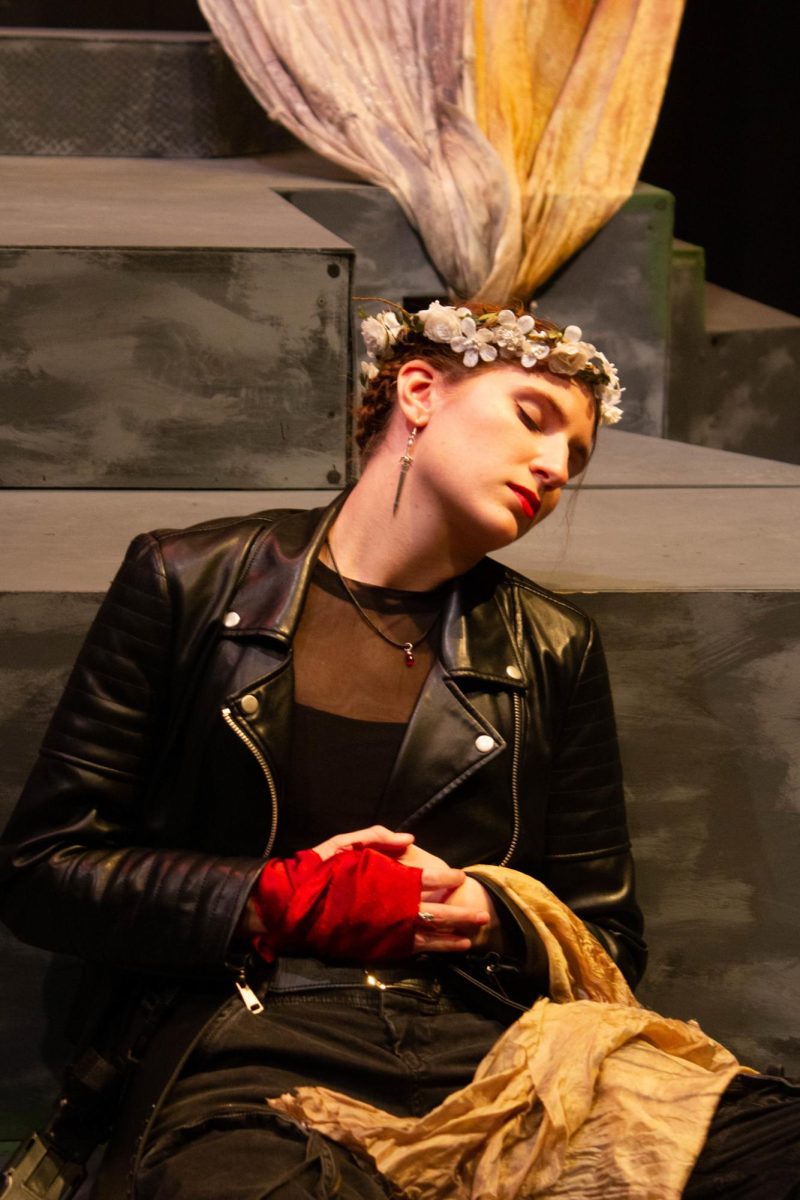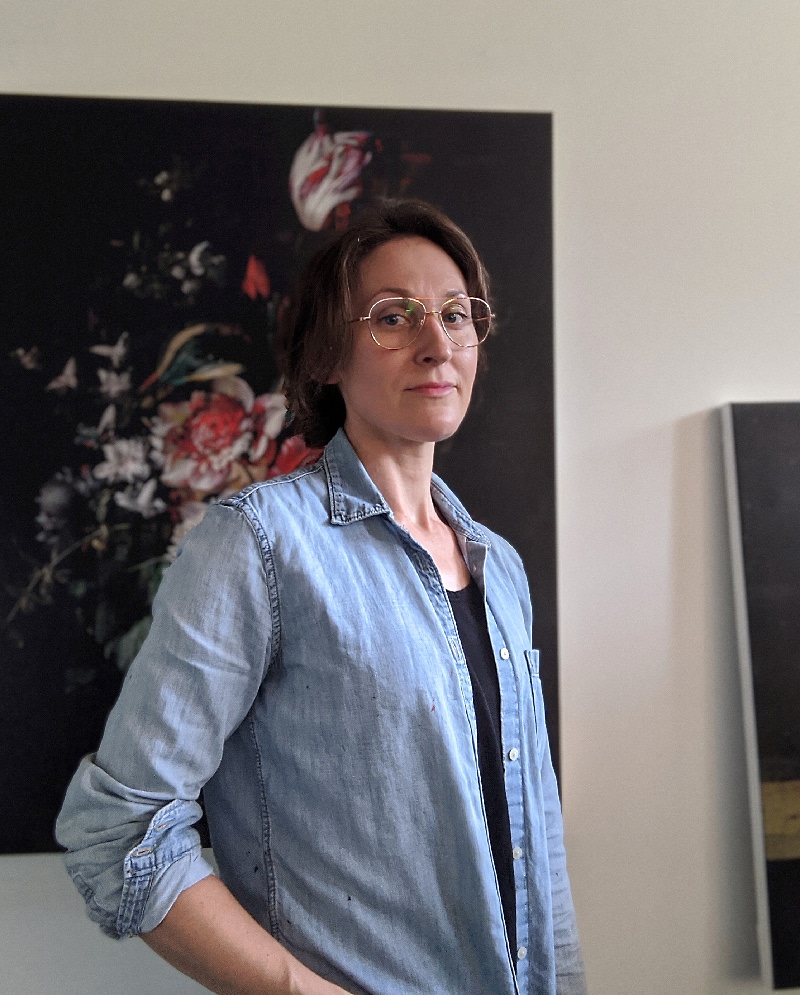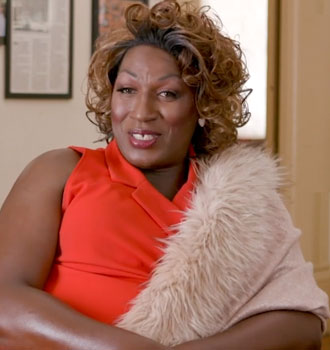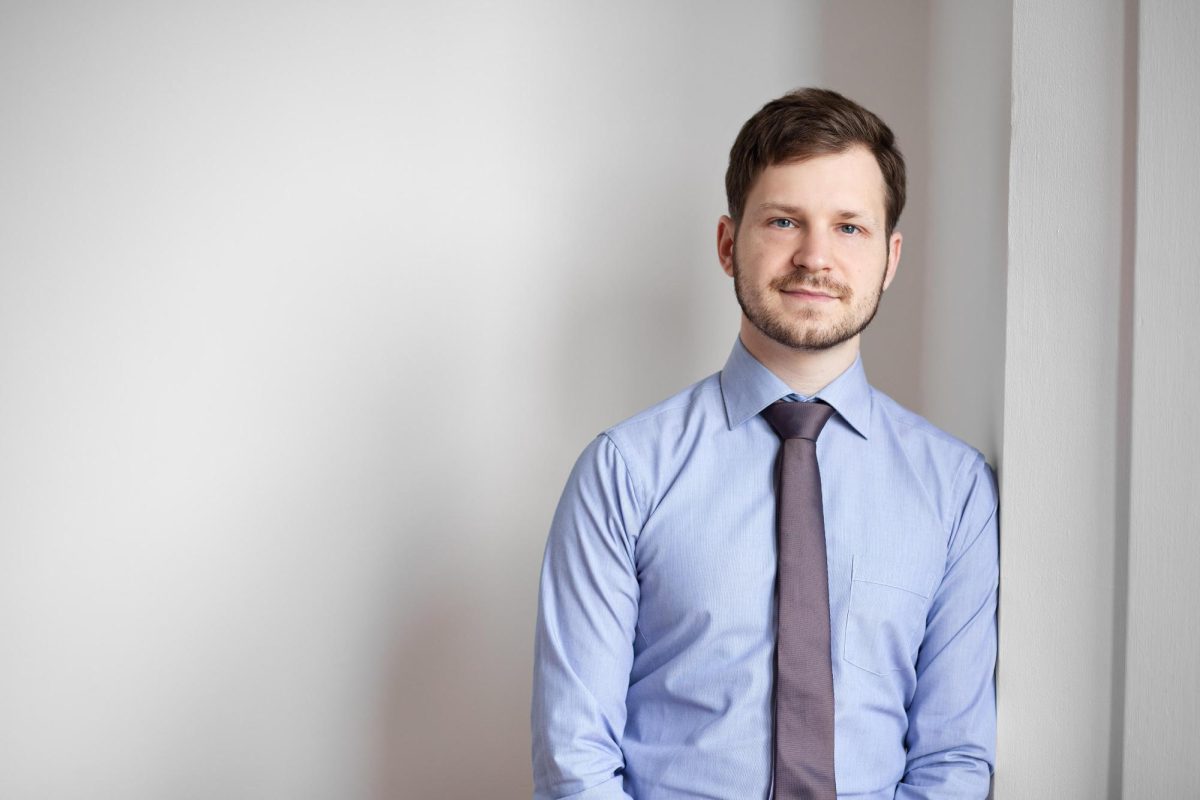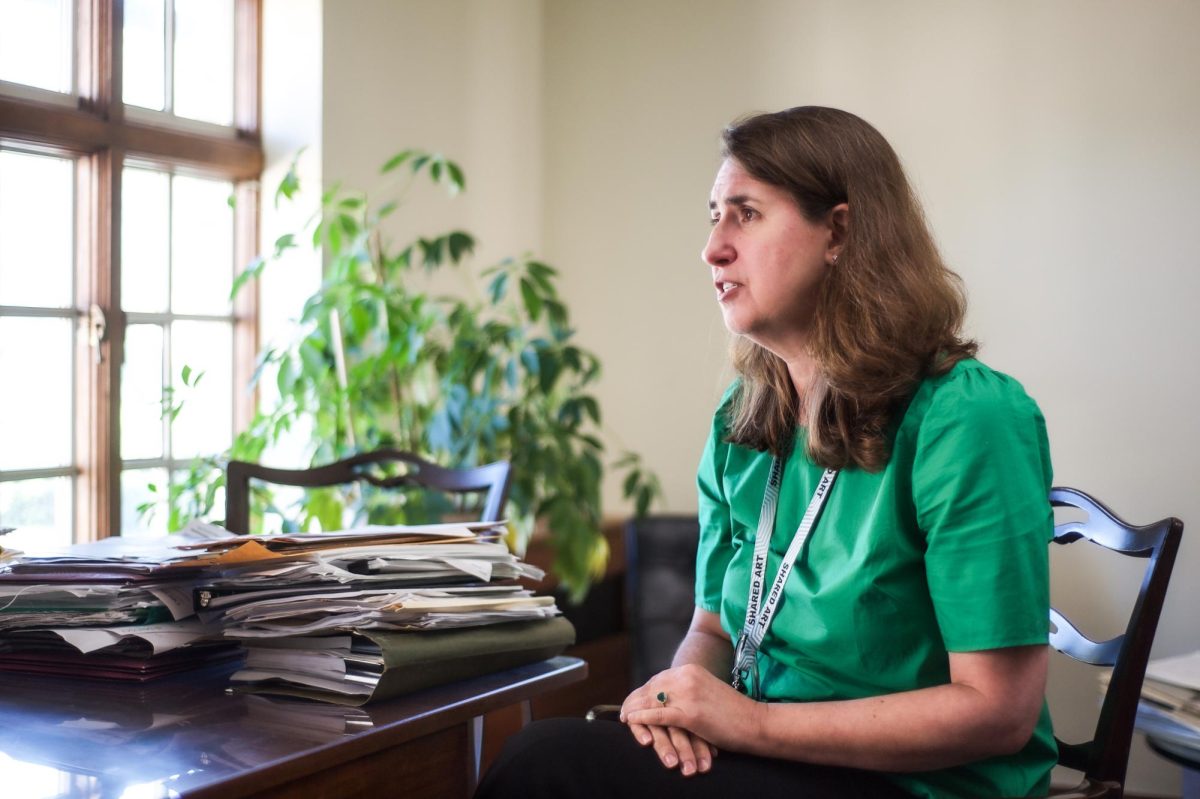Preston Crowder, OC ’16, is a visiting assistant professor of Theater and Africana Studies at Oberlin. Recently, he directed At the Wake of a Dead Drag Queen at Dobama Theatre and, for the show, will put on and direct his original play My Dead Boyfriend is a Robot at Oberlin. His work focuses on exploring Black identity as well as challenging societal norms.
This interview has been edited for length and clarity.
Recently you directed the show At the Wake of a Dead Drag Queen at Dobama Theatre. Can you talk about how you got involved in the project and what it has been like?
So the ball has started rolling on At the Wake of a Dead Drag Queen. It’s being put on at Dobama Theatre, which is one of Cleveland’s off-Broadway theaters. Dobama Theatre prides itself on doing new and innovative work, which is one of the reasons they decided on doing At the Wake of a Dead Drag Queen, because it’s a fairly new play that hasn’t gotten a lot of productions across the country. It is written by Terry Guest, who is a Black queer playwright. With me being a Black queer artist, I was super excited to jump on as director, and Dobama reached out and was looking for someone to take on this piece. I really connected with it because it’s a piece about a Black drag queen who is living with HIV and the ways in which she tries to find love, the way she reconciles with religion, and the way she tries to find peace and happiness in some very bleak situations. So, to me, that speaks to the Black experience overall. I think there’s the phrase “we have to laugh to keep from crying,” and I think this play is the epitome of that. There’s so much laughter and so much joy, but there’s still a tragedy underneath all of that. Because we do know that particularly Black queer people have been disproportionately affected by HIV. Although we’ve come a very long way in terms of medicine and treatment, there’s still a lot of Black queer people dealing with the lack of resources for those things. And so this play is a reminder of that, but also a celebration of drag culture and Black queerness. I loved it, and I had a really great time directing it.
We started rehearsals in December. It was very fast. We had three and a half weeks to rehearse. It’s two characters, but it’s not an easy show at all. There’s at least 12 costume changes. It’s an intense show, but I think that really helped us get into the things really quickly. We discovered a lot, me and the actors together. We had a lot of great conversations.
Do you have a certain type of medium such as directing, acting, or writing, that you like to work in?
Technically speaking, I am trained as a playwright, so that is my go-to, writing plays and screenplays. That’s always been my thing. I taught myself how to type. Actually, when I was seven, my grandmother gave me this old computer and I used to be obsessed with soap operas. I still kind of am. So, I used to just write soap operas. I just would type with my two index fingers, and once I wrote this soap opera called The Soap Opera Dreams. I posted it online on a random blog site when I was eight or nine, and I used to just post it every week. I taught myself to type that way by constantly trying to type these stories in my two index fingers. That’s why now I type like this.
Writing is my passion. It’s the thing that I think I just naturally gravitate to. But I think to be a good writer, I had to have gone into directing, acting, dancing, and even a bit of making music. Because they all are connected in a very interesting way. I think people sometimes get compartmentalized in their creativity and they’re, well, I am solely an X, Y, or Z. And I think, while there may be one thing that you really excel at, to be able to understand the fullness of the creative experience and process, you have to allow yourself to try other things.
What is your creative process when writing?
Playwriting is hard for me. I think one of the hardest things about being a writer is finding the motivation to write. Because I have all these ideas and things that percolate in my head, but to actually take the time to sit down and put them on digital paper is very, very hard. The first step in the process is figuring out how to get past that, which usually is just a matter of forcing myself to do it. Once I started doing it, I remember the joy of it. I usually just barrel through the process of writing and don’t do many edits, because I feel like editing is where the actual work comes in. So, whenever I start to write a story from scratch, I just like to write it and brain vomit all over the page, and then I go back and edit it probably 10 times. Then I’ll let people read it and do workshops, whether it’s with active friends or family. I’ll just let someone read it so that I can hear it out loud. So, that’s the process in terms of what I like to write about.
Are there certain things you enjoy writing about?
I like to write about Black people. I especially like to write about Black queer people. I like to write about the overlap of the Black experience, because I think oftentimes too many people think being Black is a monolithic experience, and it’s really not. I think, for me, the biggest thing I like to showcase in my work is the magnitude and the spectrum of what it means to be Black. I like to just explore that. I’m also big into horror and comedy. If I had to pick two genres, I like those a lot. So, you’ll always find me incorporating those two genres in some way into the work. For instance, I wrote a play titled Don’t Look Black and, to me, it is a satirical horror play, because it’s about white people getting a chance to be Black and then suffering the repercussions of their terrible actions. While it’s funny, it also really represents a very dark trend in our horrific society. Horror for me isn’t always just traditional, it’s also exposing those messed-up and dark parts of our society, particularly the ones that Black people have to face on a day-to-day basis. So, that’s what I like to write about.
Are there playwrights who inspire you?
Some of my inspirations are the Wayans Brothers, Adrienne Kennedy, Jordan Cooper. Just writers whose work is just so bold, so in your face, and makes lots of people uncomfortable. I want people to lean into discomfort with my work because I lean into discomfort when I write. I like writing about things that are hard and that I may have to face on a day-to-day basis, and it’s hard to grapple with them. I want audiences to have to grapple with them and then be forced to talk about them, and think about them when they leave.
What impact do you want to have as a professor at Oberlin? Especially as an alum?
That’s a great question. I think I just wanna pass down the things that have helped me the most; the things I got from Oberlin and my high school theater teacher. But I think ultimately, some points that I like emphasize is confidence in self. I think we live in a society where we’re constantly made to second-guess so much about who we are, what we want, what’s right for us, what’s wrong for us, et cetera. I think being an artist in general is being confident in what you have to say. Being confident in what you believe and being confident about how you want to express that. I want to give people that confidence and support students’ and artists’ growth. Help them focus on what is important to them as artists. Because that, at the end of the day, is all that matters. Also, don’t limit yourself. Because you never know who you’re gonna meet. That’s a part of the artist’s journey is about meeting people and just experiencing. It’s so important to see between the different modes of performance and creativity and you have to experience them to really see and feel what that is like. So I always tell people: don’t limit yourself. Don’t box yourself in. Try everything.


